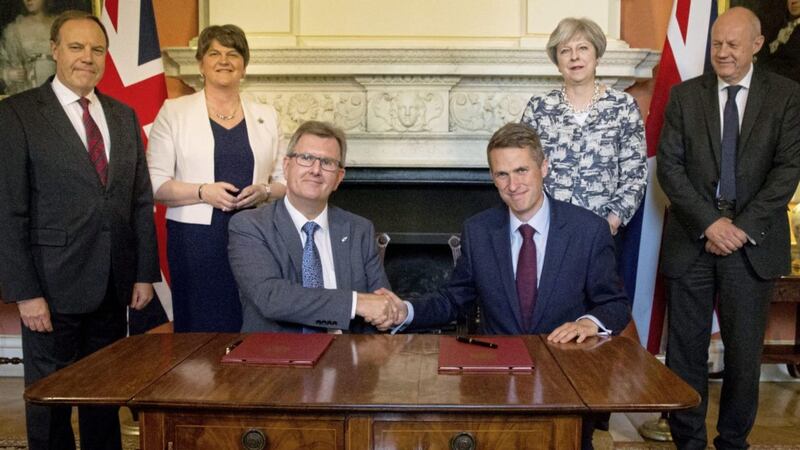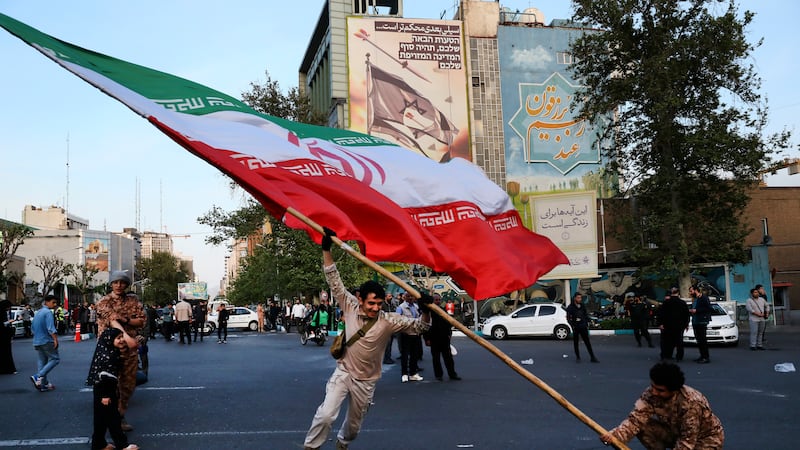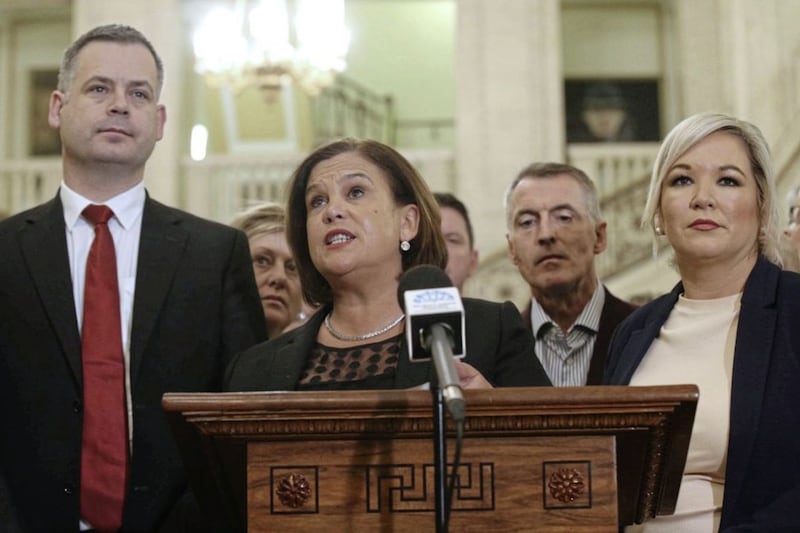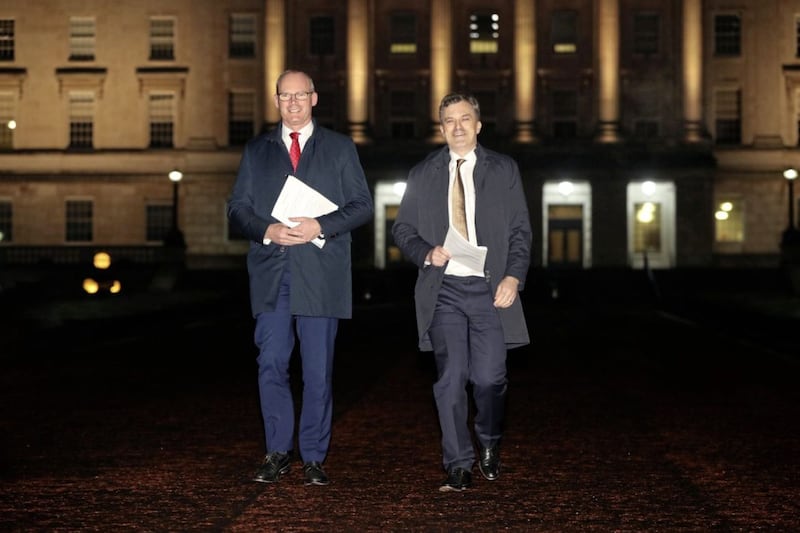The first tranche of the £1 billion package agreed as part of the DUP's confidence and supply deal with the Tories will not be made available until after the forthcoming Stormont talks process has concluded, Sir Jeffrey Donaldson has said.
The Lagan Valley MP told The Irish News that the funds would be spent either by a functioning executive or by Secretary of State James Brokenshire, who is expected to bring forward a regional budget if the next round of negotiations is unsuccessful.
Talks aimed at restoring devolution are expected to resume next week.
It is more than two months since the DUP signed the deal that will see it back Mrs May's minority government in Westminster.
In return for its support, the DUP secured £1 billion for the north's roads, schools and health service with enhanced flexibility on almost £500 million of previously allocated cash.
But to date there has been no indication of when the extra money will be made available to Stormont departments, whose spending in the absence of executive ministers is currently being overseen by permanent secretaries.
Sir Jeffrey indicated that if no executive was in place, the additional funds were likely to be allocated around mid-October, soon after Westminster resumes following the conference season.
"Obviously the idea was that this money would be transferred to a functioning executive and the executive would then take responsibility for spending it," the Lagan Valley MP said.
"However, we're also clear that if the executive is not functioning by this autumn then the secretary of state will issue a budget for Northern Ireland and that will include the first phase of this additional funding."
The DUP MP said the restoration of devolution remained his party's priority.
"We still harbour the hope that an executive might be formed within the next few weeks but I think once we go beyond the next few weeks direct rule becomes inevitable," he said.
Tentative steps towards reconvening the talks at Stormont are expected to take place this week. The Republic's Foreign Affairs Minister Simon Coveney is understood to have met a number of parties in recent days, including DUP leader Arlene Foster and Alliance's Stephen Farry.
A Northern Ireland Office spokesman said Mr Brokenshire was continuing to engage with the region's main parties with a view to beginning formal negotiations soon.
"Northern Ireland needs devolved government, not direct rule, to ensure that effective public services are delivered to all and responsibility remains with the parties to resolve their differences and to get back into an executive to achieve this," the spokesman said.
"That is what is in the best interests of Northern Ireland and why it is the priority of the secretary of state to restart political talks to achieve this outcome."
SDLP MLA and negotiator Nichola Mallon said "intense negotiations" needed to begin immediately.
"As health and other public services remain on the brink of crisis with no strategic political direction, there is no public appetite for continuing the stalemate at Stormont," she said.
"We have it in our power to resolve the challenges facing us – none of it is insurmountable."
Alliancer MLA Stephen Farry bemoaned the lack of "structure or momentum" in the talks process.
"This week should be a time when we see efforts to restore devolution re-energised," he said.
"We should not even be in this position to begin with but yet there seems to be little engagement, structure, never mind momentum in the talks process, plus a shortage of ideas."








